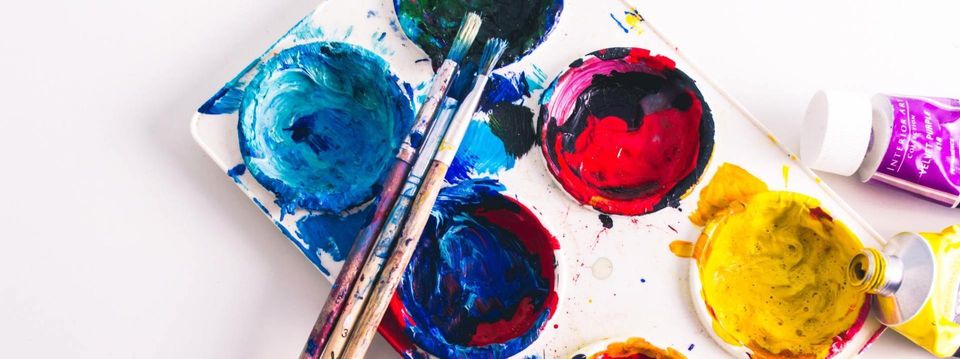The road to recovery is both rewarding and challenging. Through seeking the best treatment and having the help and support of friends and family, you can stay on the path to better mental, physical and spiritual health. At Serenity Grove, we’ve seen so many people succeed, and you can too!
Along your journey, one important thing to remember is the importance of keeping your mind engaged and occupied during spare time. Boredom is something a recovering addict needs to avoid, as it can lead to depression, loneliness and other issues that make staying sober challenging. Having fun and doing interesting things helps avoid a longing for the temporary “fun” one used to have when using. It can also add purpose and passion to life, without which recovery can be nearly impossible to maintain.
In short, hobbies are good for the soul, stimulating to the mind, and provide motivation for staying sober! New hobbies can fill the void left when you walk away from old habits, and help you rediscover who you were before substances hijacked your life.
Choosing a Hobby
You may wonder what might best keep you engaged and interested, and a good place to start is by recalling things you enjoyed doing before addiction. Did you enjoy swimming in the pool or the lake in summer? Were you an avid reader, or someone who enjoyed writing? Try to recall what most interested you—friends and family may be able to help you recall or discover what it was that interested you the most. These may be specific things like painting or a broader application to art in general. Perhaps you once enjoyed running, but now bicycling, kayaking or other activities may be even more engaging.
You may want to research various options online to get some ideas. Pinterest is a social media site a lot of people visit to find inspiration and ideas, and you can always use the search engines to explore possibilities.
Look for classes and activities through your local park district, library, college or community college continuing education, or your public library. Through these structured activities, you can try out new things, meet interesting people and get more connected with your community.
Volunteering not only gives you something meaningful to be involved in, it can garner appreciation and social reinforcement from others that can be incredibly healing. You can volunteer for established organizations, causes, or churches or—more simply—help the elderly lady next door, the local youth center or the struggling single mom. Doing so emphasizes your value and importance as a human being when you are able to help make the journey of life easier for others around you. Helping others also demonstrably helps maintain sobriety.
A journal article titled, Alcoholics Anonymous-Related Helping and the Helper Therapy Principle, reported:
Using data from Project MATCH, one of the largest clinical trials in alcohol research, Pagano and colleagues (2004) demonstrated that alcoholics who helped others during chemical dependency treatment were more likely to be sober in the following 12 months. Specifically, 40% of those who helped other alcoholics avoided taking a drink in the 12 months following a 3-month chemical dependency treatment period; only 22% of those who did not help others stayed sober for twelve months (d = .5; Pagano et al., 2004). In a second investigation involving data from Project MATCH, Pagano and colleagues (Pagano, Zemore, Onder, & Stout, 2009b) demonstrated that 94% of alcoholics who began to help other alcoholics at any point during the 15-month study period continued their helping behaviors. Also, depression levels in alcoholic helpers significantly diminished once they started helping others (Pagano et al., 2009b).
Try to include some hobbies that increase your endorphins and other natural hormones, as well as neurotransmitters like serotonin and dopamine. The physical and mental benefits of exercise and sports are numerous and well known. Drugs and alcohol release neurotransmitters, chemicals and hormones into the body and brain that cause feelings of joy, pleasure or relaxation. Craving these things makes staying sober a real challenge, but physical exercise can produce the same feelings of pressure and stress relief. Aerobic exercise, such as running, swimming, cycling and brisk hiking seem most effective at producing that “runner’s high” euphoria that can help recovering addicts maintain their sobriety.
1. Exercise as a Potential Treatment for Drug Abuse: Evidence from Preclinical Studies reports that “epidemiological studies consistently report that aerobic exercise is inversely related to substance use and abuse,” at least in part by serving as an alternative, non-drug enforcer or by producing functional neuroadaptations that influence one’s susceptibility to substance use disorder.
Music can also produce feelings of euphoria, joy, and relaxation. “Music therapy” is used to enhance quality of life, help people recover and even improve their health. It has been shown to improve one’s ability to stay sober and avoid relapse.
Cooking can also be a great hobby for the recovering addict. As they say, food is the most powerful “drug.” Certain foods, such as spicy chilies, can boost endorphins; sweet, fragrant and taste-rich foods can lift the mood and make for a wonderful experience. Of course, food itself can become an addiction, so be sure to focus on foods that are healthy and combine with exercise.
Of course, you can take up hobbies even while you are in recovery, and doing so can enhance your experience and help you through residential addiction treatment, including detox and the other steps involved in becoming your best self.
Our Serenity Grove staff can help you discover and develop the best hobbies to fit your personality and interests. We will help a process that can be challenging and which can have difficult stretches, be one that also includes joy and development of the new life you are stepping into.
Take that first step and call one of our care representatives at (706) 559-0059 or Email: [email protected].

